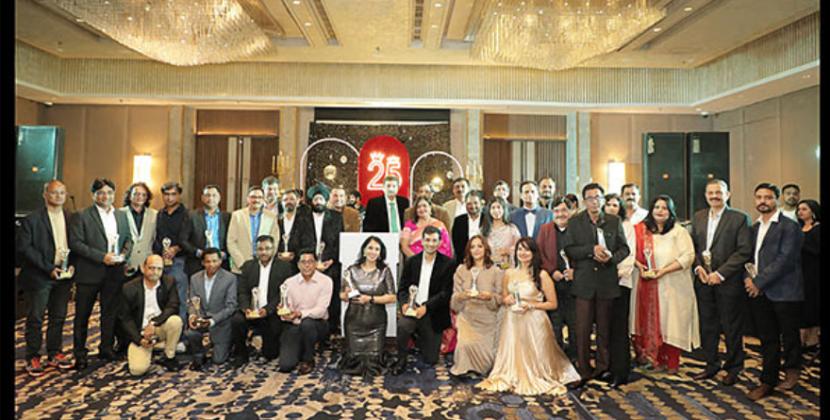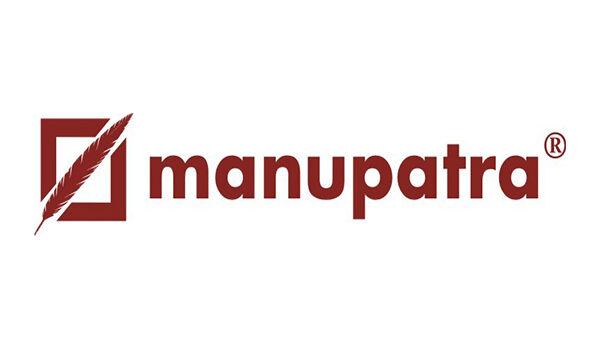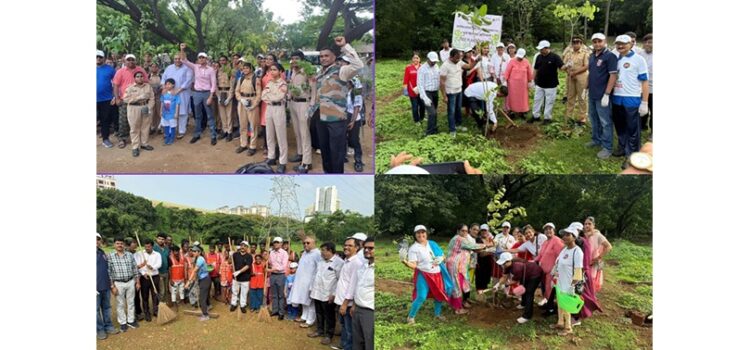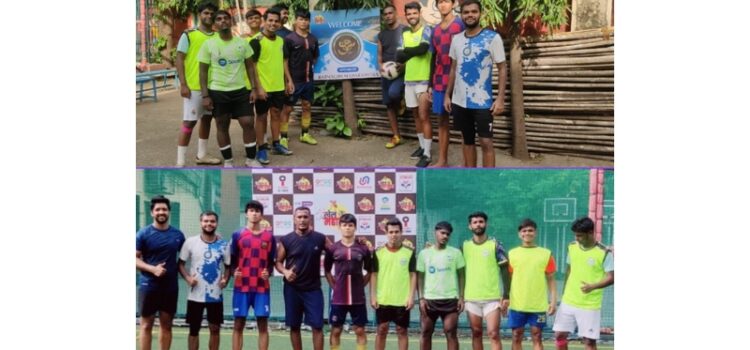
New Delhi [India], June 2: At Manupatra, we have been at the forefront of technological innovation in the Indian legal landscape. Our continuous interactions with legal professionals and law students have given us first-hand feedback on the legal trends and technologies that have a direct impact on the Indian legal landscape.
Over the past couple of years, AI has permeated the daily lives of people, affecting both personal and professional spaces. In the legal arena, AI-powered tools have demonstrated clear benefits for legal professionals, from streamlining research, assisted drafting, and making case/ contract management easier. However, this has not been without incidents with lawyers and judges alike being found to have cited fabricated cases hallucinated by AI.
At Manupatra, we see the immense potential AI carries in being used for legal tasks. As such, we conducted a “first of its kind” nationwide survey to gauge the scale and state of artificial intelligence adoption across India’s legal landscape. This survey has captured firsthand insights from legal professionals and students to identify the critical gaps that must be addressed to ensure AI’s responsible, ethical, and effective deployment. Understanding these dynamics is essential, not only to inform policymakers and industry leaders but also to empower the legal community with best practices and risk mitigation strategies.
Manupatra is releasing its comprehensive “Adoption of AI in the Indian Legal Landscape” survey report. The survey gathered insights from 227 law students, advocates, in-house counsel, firm partners, academics, and judicial officers across India.
Key Findings:
- Digital-Native Demographic: 60% of respondents are aged 18-34, with law students (36.6%) and advocates (23.8%) leading participation, signaling strong grassroots readiness for AI experimentation.
- Widespread Early Adoption: Nearly 60% have used AI tools in the past year for legal research (77.9%), summarization (65.7%), and drafting support (54.7%).
- Productivity Gains vs. Trust Deficit: While 79.7% report significant time savings on repetitive tasks, only 4.1% fully trust AI outputs without human verification, and 48.8% insist on review before use.
- Critical Barriers: Over half (58.1%) cite unreliable output quality, 51.2% point to hallucinated or incorrect content, and 42.4% lament lack of India-specific legal context in existing tools.
- Governance Shortfalls: Although 77.1% believe firms should disclose AI use in advice and filings, just 11% have formal written AI policies in place.
Key Challenges Identified
- Unreliable Output Quality (58.14%): Over half of respondents flagged inconsistent accuracy and “hallucinated” content as top pain points when using AI tools.
- Data Privacy & Security (47.67%): Nearly half of users worry about protecting client information and complying with confidentiality obligations.
- Lack of India-Specific Legal Context (42.44%): AI models trained on global data often misinterpret or omit nuances of Indian statutes and precedents.
- Ethical & Professional Responsibility Concerns (38.37%): Professionals expressed unease about liability, bias, and the ethical use of AI in client work.
- Training Gaps & Awareness (40.12% & 34.30%): A significant portion cite limited staff training and low awareness of available tools as adoption barriers.
User Expectations & Future Outlook
- Mainstream Adoption Timeline: 35.68% expect AI to become a standard legal tool within 1-2 years, with only 3.96% believing it will take beyond five years.
- Positive Sentiment with Caution: While 46.25% hold a “mostly positive” view of AI’s impact and 18.06% see it as “transformative,” 45.37% adopt a balanced stance, recognizing both benefits and risks.
- Demand for Enablers: Respondents prioritize accredited training (67.40%), freemium or trial access to tools (66.52%), and formal policy guidance from bar councils or courts (47.58%) to bridge gaps and build trust.
- Co-pilot over Replacement: The prevailing expectation is that AI will augment the legal mind by streamlining research and drafting while final judgment will remain firmly human.
About Manupatra
Manupatra is the leading provider of legal, regulatory, business information and analytics that helps subscribers navigate the law faster and smarter. Manupatra is the first legal-tech company in India which pioneered online legal research in India since 2000. It is the largest and most comprehensive database of Indian & International legal materials, which provides search capabilities powered by AI and ML. A perfect blend of law and technology, Lawyers, law firms, judiciary, government, corporate legal departments, students trust Manupatra to provide them with comprehensive access to the law through an intuitive platform.










